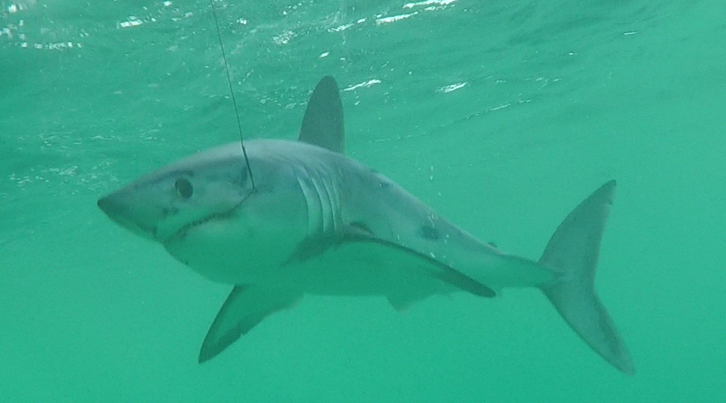
Campaigns
Survey for recreational sea anglers targeting all UK shark species launched
Through a new collaborative partnership with the Angling Trust, Shark Angling Club of Great Britain and researchers at the Bournemouth University and the University of York a new survey for recreational sea anglers targeting all UK shark species, from smaller species such as dogfish to larger species like blue sharks, has been launched.
The aims of the survey are to describe the UK recreational shark fishery, get input from recreational sea anglers on their views of the current status of UK sharks, identify current shark handling practices and understand angler perceptions of and participation in shark research schemes.
Dr. Georgia Jones and Dr. Bryce Stewart want to work with anglers to better understand the fish that we all want to see thrive. They have agreed to update anglers at a future forum and make the data available to all.
Healthy shark populations are vital for maintaining healthy ocean ecosystems but the majority of UK sharks are regionally classed as either Near Threatened, Vulnerable, Endangered or Critically Endangered on the IUCN Red List, largely due to the impact of commercial fisheries.
Monitoring the numbers and distribution of UK sharks is critical if they are to be managed effectively. Both Georgia and Bryce believe that recreational sea anglers are valuable stakeholders in UK shark fisheries and should be included in shark monitoring and management. If you fish for any shark species recreationally in the UK please take the time to participate in this survey
Hannah Rudd, Policy & Advocacy Manager, Angling Trust said “We are excited to be working with both Georgia and Bryce through this partnership between anglers and researchers to better understand sharks in the UK. There are still many questions that remain to be answered about their life histories and ecology, and anglers are a vital element to solving these puzzles. We encourage recreational sea anglers to get involved by participating in the survey and look forward to sharing the results and future opportunities with you as we go forward with this collaboration.”
About the Researchers
Dr Georgia Jones, Bournemouth University says,
‘My relationship with sharks started when I was 5 years old and my dad let me watch Jaws…fear soon turned to fascination though and this was accelerated when I unexpectedly snorkelled into my first shark in the wild, a little black tip reef shark. I knew from a very young age that I wanted to work with wildlife and chose to study Zoology for my Undergraduate degree, followed up with a Master’s in Wildlife Management and Conservation. I started working with sharks in 2010 when I was hired as the project coordinator for the Marine Conservation Society, Seychelles. I was responsible for acoustically tagging (via small abdominal surgery) a range of species including bull, tiger, and lemon sharks as part of a project to understand threatened marine life use of a marine protected area. I also worked on their long-term whale shark monitoring project. In 2014 I went on to complete a PhD on great white shark ecology in South Africa and during my PhD, I set up a Dorset-based charity to educate the public and conduct research projects on UK shark species. I am now a Senior Lecturer at Bournemouth University (though my post is actually 90% research!) and my main research focus is on UK shark ecology, and especially porbeagles. I am dedicated to working with the recreational shark angling community to better understand our sharks’.
Dr Bryce Stewart, University of York
Bryce is an Australian marine ecologist who was brought up in Papua New Guinea and has loved everything to do with the sea for as long as he can remember. He became a keen angler at a very young age, but his abilities seem to have gone downhill since he left New Guinea! He did an undergraduate degree in Zoology at the University of Melbourne, before moving up to Queensland to study predatory coral reef fish for his PhD at James Cook University. He moved to the UK in 1999 and had spells at the University of Liverpool and Marine Conservation Society before settling at the University of York in 2007. The central goal of his research has been to better understand the factors regulating marine populations and ecosystems, so as to ensure their conservation and sustainable utilisation. Since 2016 he has been particularly involved with assessing implications of Brexit on UK fisheries and the marine environment. He is delighted to now be working with other recreational anglers, who are key stakeholders that have so much knowledge to offer to science and conservation.
You might also like
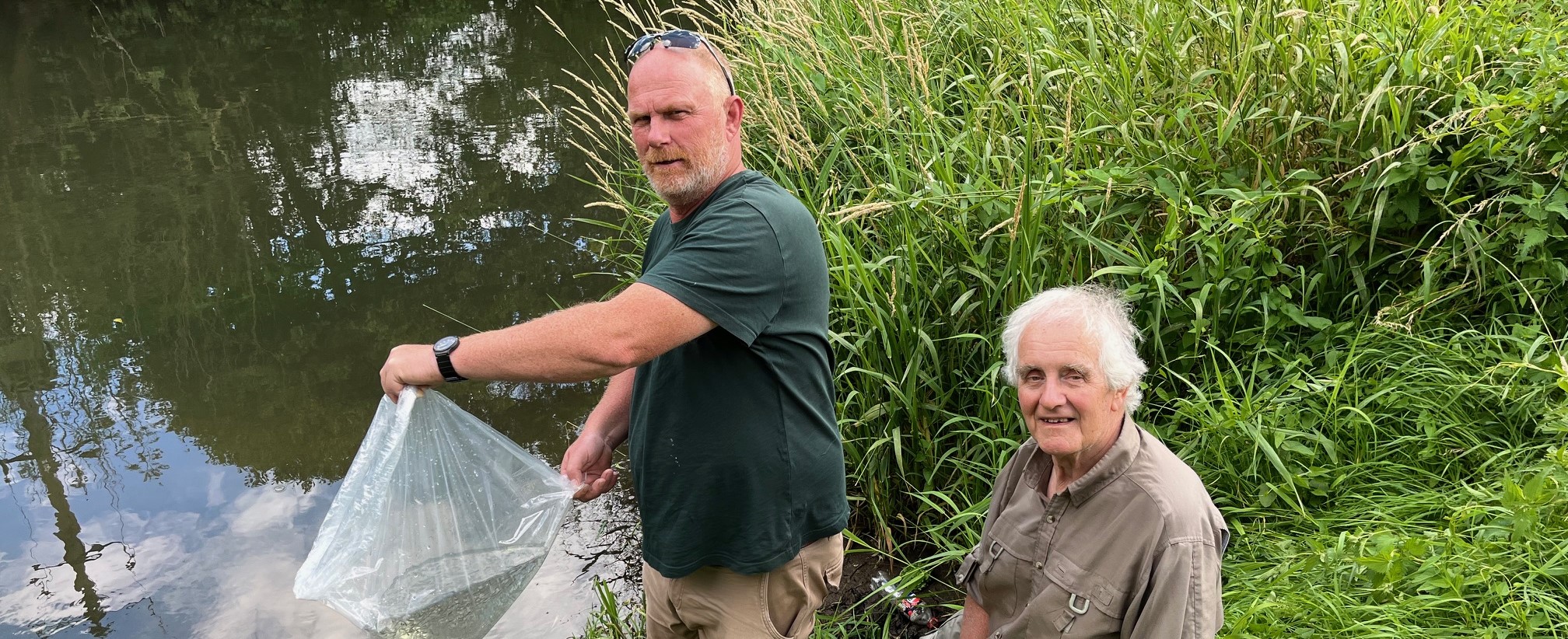
New Kennet Hatchery Releases First Reared Fish
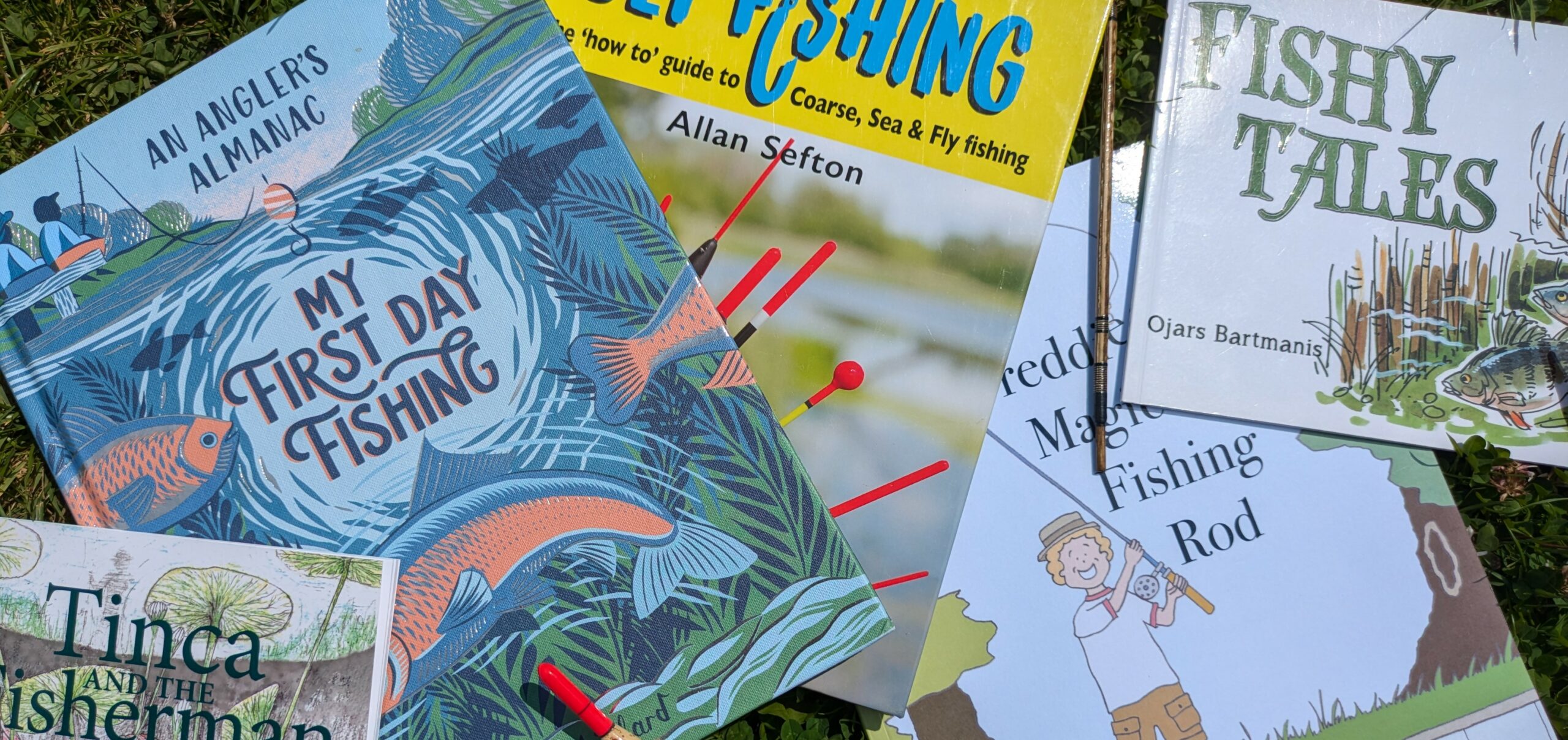
Fishing Books for Kids

UK Recreational Catch-and-Release Bluefin Tuna: A step closer to…
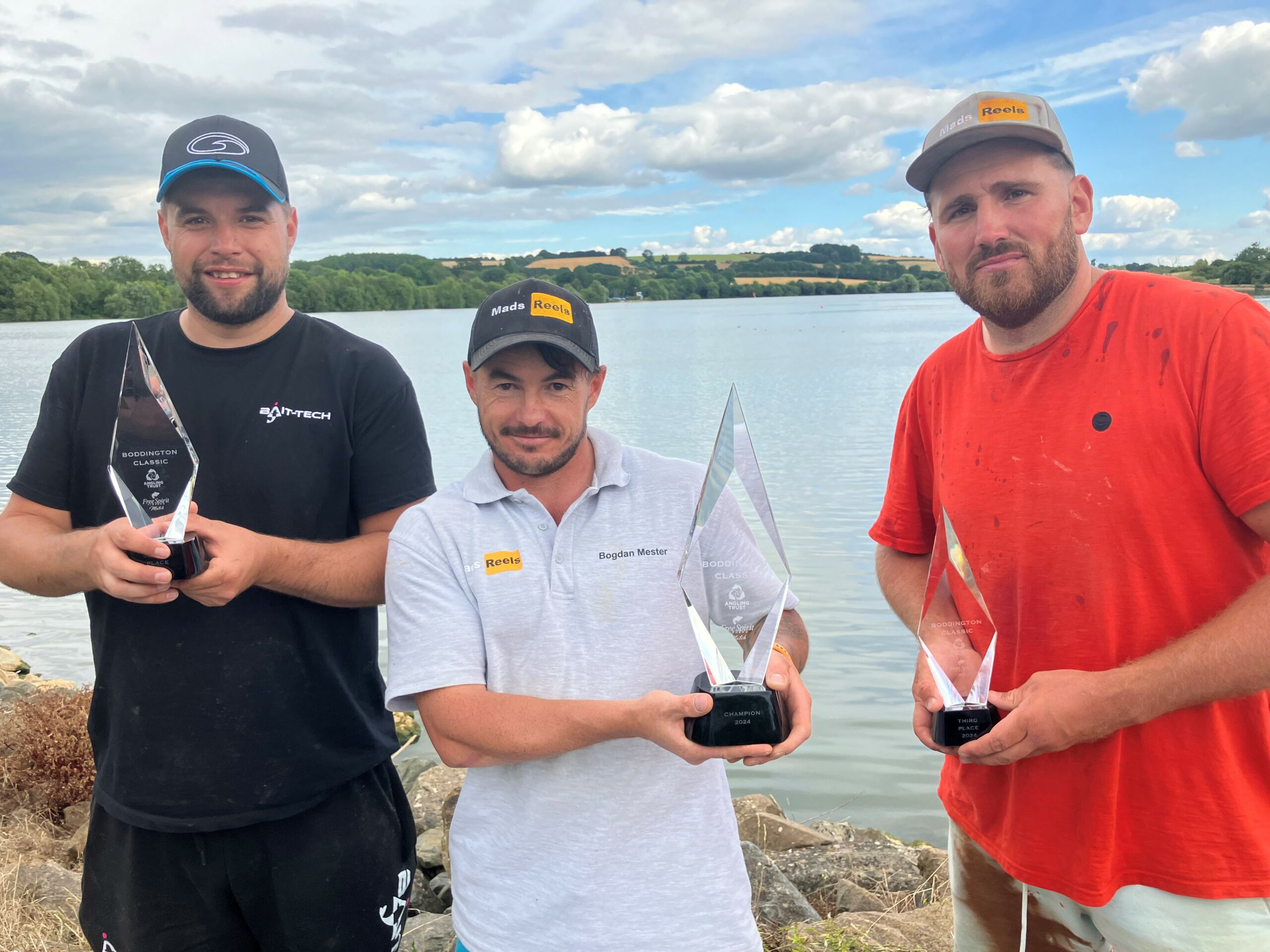
MESTER THE MASTER AT FREE SPIRIT MATCH BODDINGTON CLASSIC…
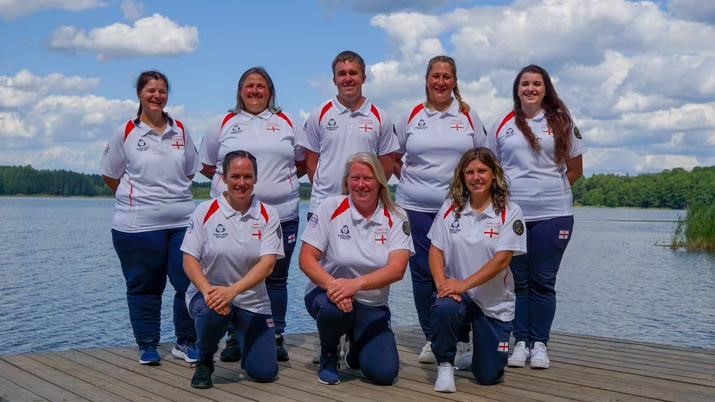
ENGLAND LADIES CARP TEAM MISS MEDAL ON TOUGH LATVIAN…

Angling Trust urges government to go further and faster…
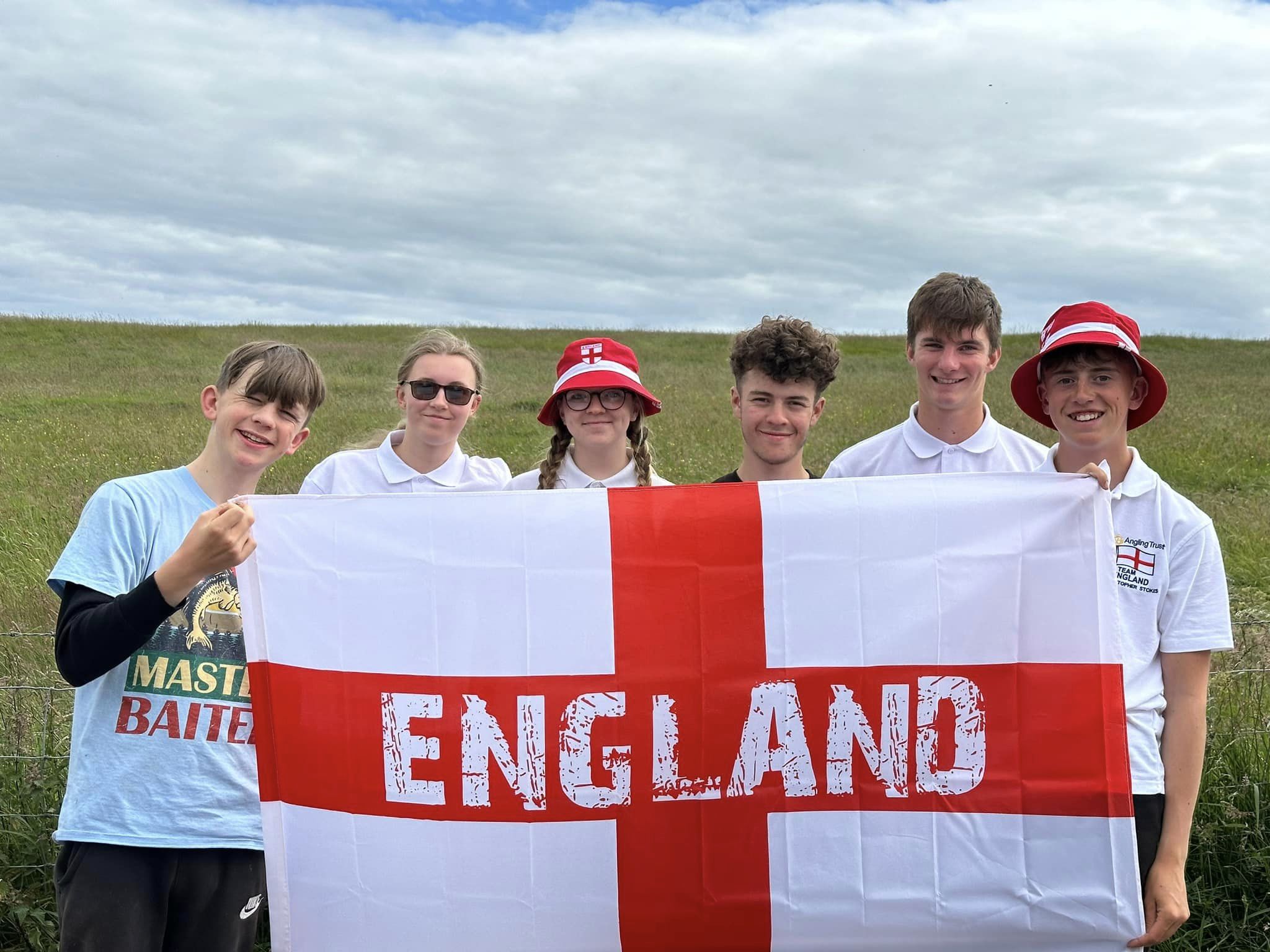
ENGLAND YOUNG GUNS LEAD THE WAY IN HOME NATIONS…
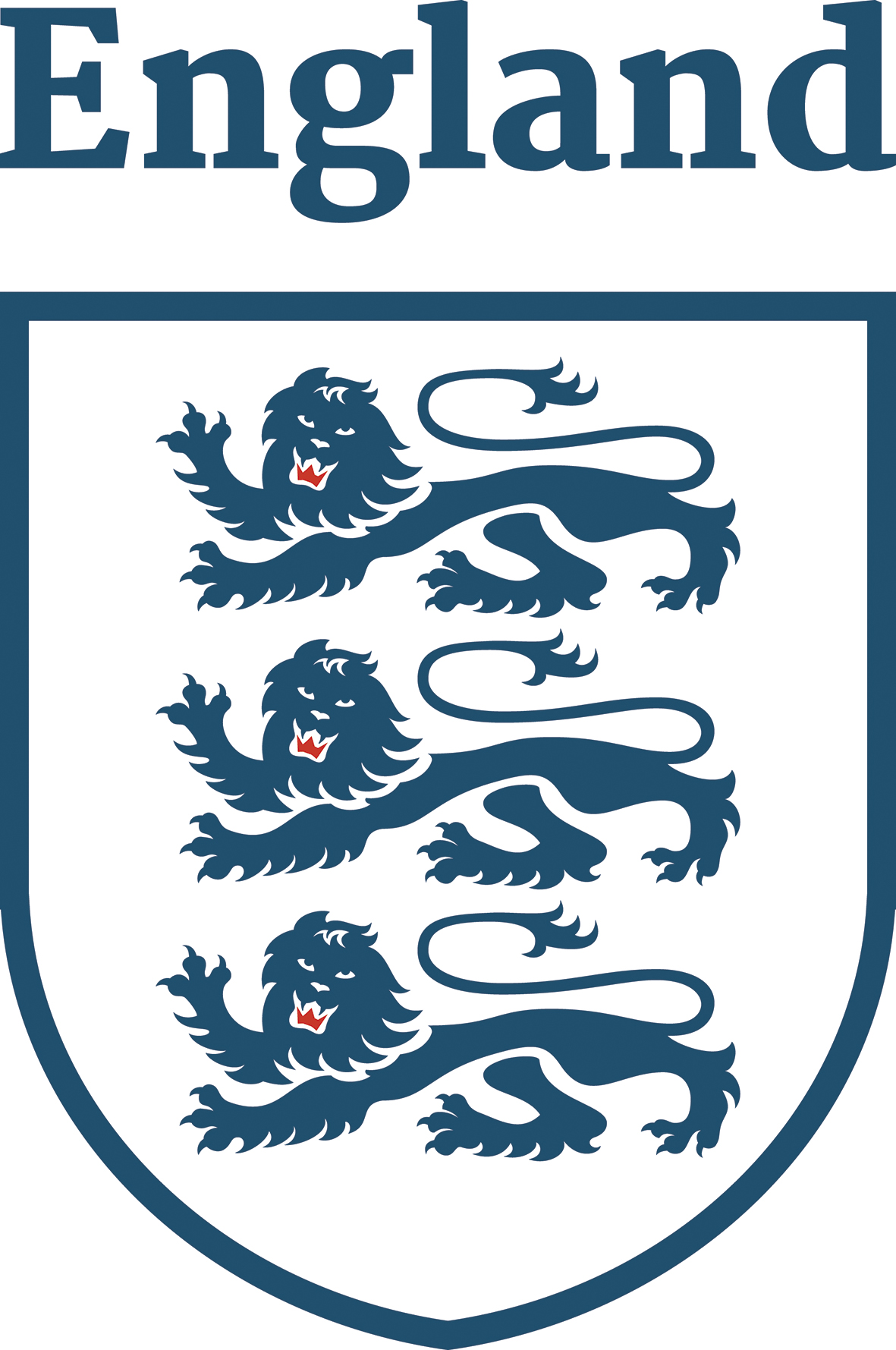
AMAZING ENGLAND COMEBACK SECURES EURO CHAMPS BRONZE
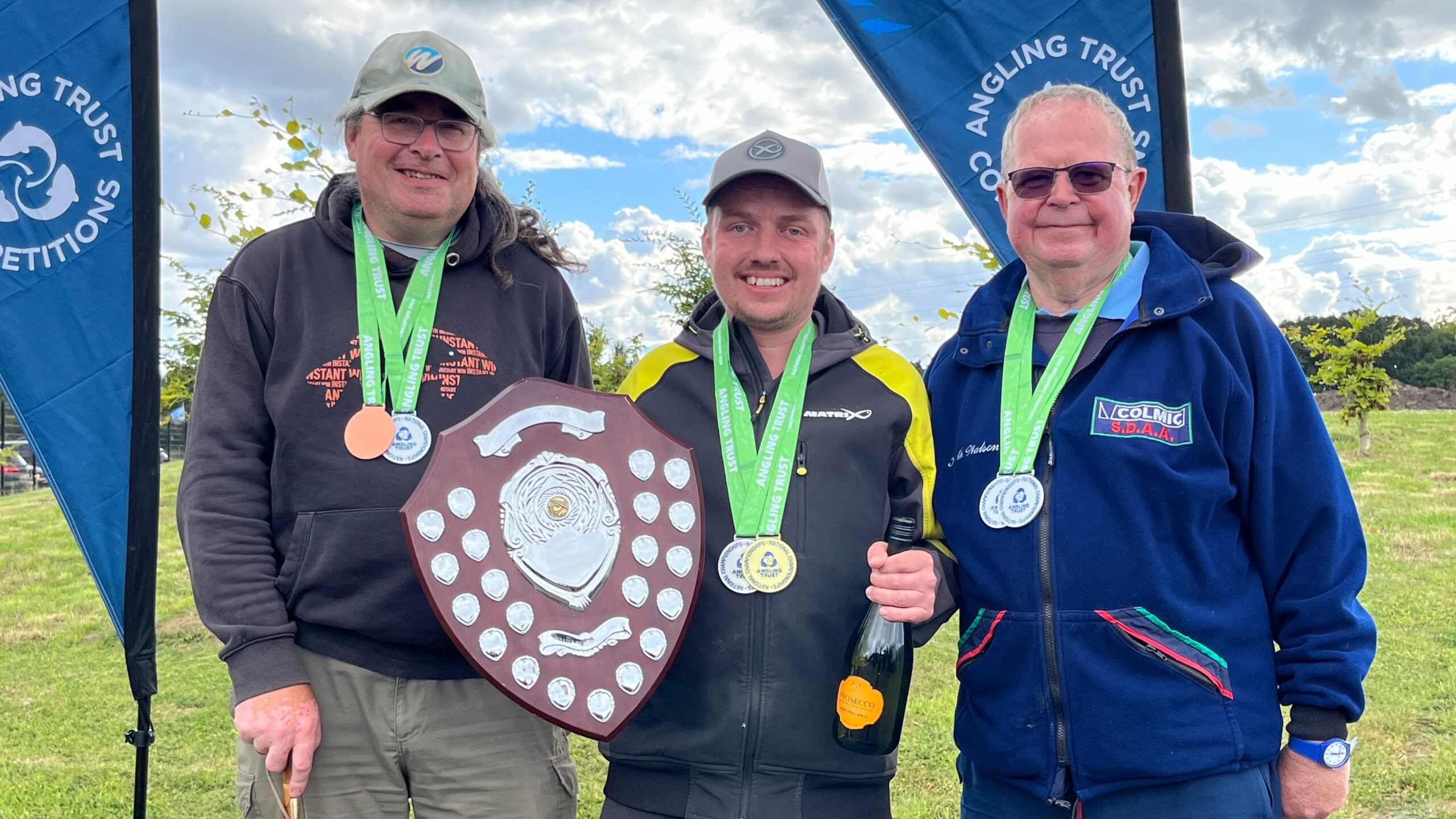
ELLIOT BAGS THIRD NATIONAL WIN AT MARSTON!

PATIENT APPROACH WIN WOMEN’S NATIONAL FOR LEANNE!
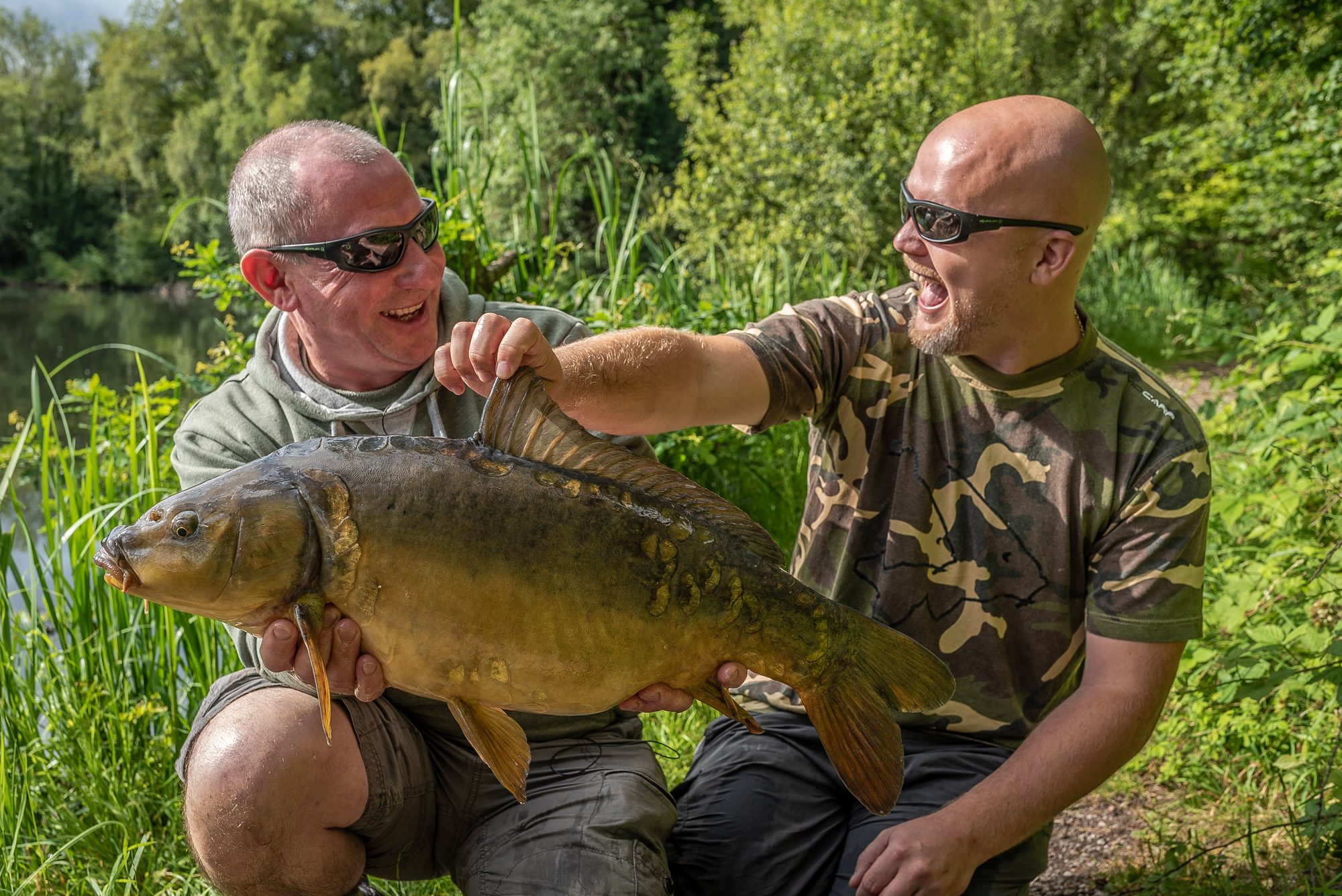
Take a Friend Fishing
27th July to 1st September…









